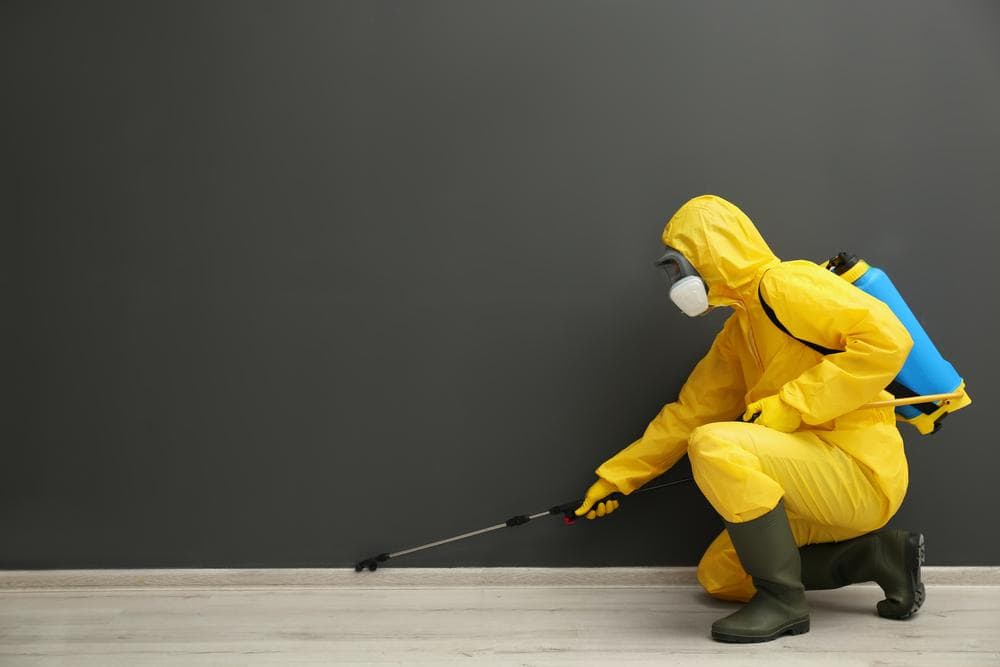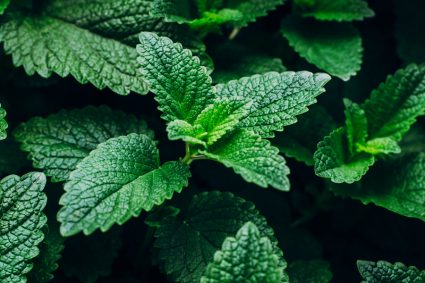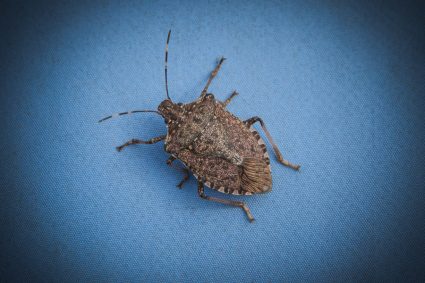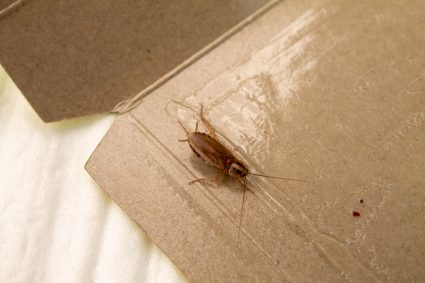
Neem oil, a naturally occurring pesticide found in seeds from the neem tree (Azadirachta indica), has been used for centuries to control pests and diseases. But does this organic solution effectively combat scale insects? Let’s delve into this topic in detail.
Yes, neem oil can effectively kill scale insects. It works by suffocating the insects, disrupting their growth and development, and reducing their feeding activity. It is especially effective against immature insects and can impact adult feeding. However, it’s important to follow the product instructions and take precautions to avoid plant damage.
What is Neem Oil?
Neem oil is a yellow to brown substance, known for its bitter taste and garlic/sulfur smell. It’s produced by breaking open neem tree seeds and pressing the kernels. The most active component in neem oil is azadirachtin, which is responsible for repelling and killing pests. Neem oil is widely used in various industries, including personal care, agriculture, and organic farming as a biopesticide.
Understanding Scale Insects
Scale insects are small insects that feed on plant sap through their long, needle-like mouthparts. They can cause significant damage to plants, leading to issues like leaf yellowing, plant stunting, or branch dieback. Some scale insects, like the cottony cushion scale (Icerya purchasi), are notorious pests on citrus fruit trees, making them a serious commercial pest.
Neem Oil’s Impact on Scale Insects
Neem oil works by suffocating the insects, disrupting their growth and development, and reducing their feeding activity. It is most effective against immature insects, but it also impacts adult feeding. When using neem oil, it is important to follow the instructions on the product label to avoid the risk of phototoxicity (burning) and to prevent plant damage.
How to Apply Neem Oil
To effectively use neem oil against scale insects, follow these steps:
- Mix neem oil with water and a small amount of mild detergent.
- Pour the mixture into a spray bottle.
- Thoroughly spray the infested plant, covering all surfaces.
- Repeat the application weekly until the infestation is gone.
Precautions When Using Neem Oil
When using neem oil against scale insects, it is essential to take certain precautions:
- Always follow the instructions on the label.
- Avoid using sulfur-based fungicides within the active period of the neem oil product.
- Apply during appropriate weather conditions.
- Test on a small area first.
- Wear protective gear.
- Be mindful of beneficial insects.
- Reapply as needed.
Alternatives to Neem Oil
There are several natural remedies for scale insects besides Neem Oil. Some of these include rubbing alcohol, horticultural oil, insecticidal soap, pruning, beneficial insects, and rosemary oil. However, Neem Oil, being a broad-spectrum repellent, works on various pests, making it a preferred choice for many.
Neem Oil in Agriculture
In agriculture, neem oil is used as both a pesticide and a fungicide. It is effective against arthropod pests that often eat vegetables, such as tomato hornworms, corn earworms, aphids, and whiteflies. Neem oil can also control common fungi that grow on vegetable plants, including mildews, rusts, leaf spots, wilts, and stem rots.
In conclusion, neem oil has been found to be effective in controlling scale insects, and its use is supported by scientific research and studies. It’s a versatile and effective natural solution for controlling pests and diseases in agriculture. However, it’s essential to follow the label directions and test a small area before treating the entire plant to avoid potential damage.
Remember, an all-in-one solution might not exist for every problem. Sometimes, a combination of methods works best. In the case of scale insects, a consistent application of neem oil, combined with other control methods such as introducing beneficial insects and pruning infested branches, can help manage and eventually eliminate the infestation.
Frequently Asked Questions
What other pests can neem oil effectively control?
Besides scale insects, neem oil is also effective against a variety of pests such as aphids, whiteflies, spider mites, mealybugs, and thrips. It can also control certain types of fungi that grow on plants.
Is neem oil harmful to humans or pets?
Neem oil is generally safe for humans and pets when used appropriately. However, it may cause some skin irritation in sensitive individuals or pets. It’s always recommended to use protective gear when applying neem oil and to keep pets away from treated areas until the oil has dried.
Can I use neem oil on all types of plants?
Neem oil is generally safe to use on a wide variety of plants. However, it’s always recommended to perform a small patch test before applying it to the entire plant. Some plants may be sensitive to neem oil, especially if it is applied in high concentrations or under direct sunlight.
How often should I reapply neem oil?
The frequency of application depends on the severity of the infestation. In general, neem oil should be reapplied every one to two weeks until the infestation is under control. Always follow the instructions on the product label.
Where can I buy neem oil?
Neem oil can be purchased from many garden centers, home improvement stores, or online retailers. Always choose a product that is 100% pure neem oil for best results.










